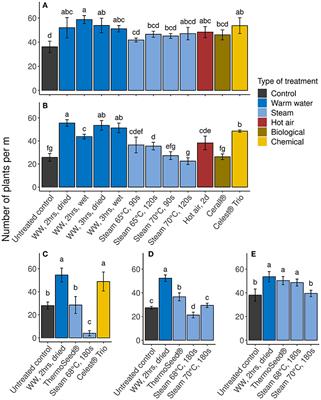ORIGINAL RESEARCH
Published on 08 Feb 2023
Mellein: Production in culture by Macrophomina phaseolina isolates from soybean plants exhibiting symptoms of charcoal rot and its role in pathology

doi 10.3389/fpls.2023.1105590
- 3,886 views
- 6 citations
7,960
Total downloads
39k
Total views and downloads
ORIGINAL RESEARCH
Published on 08 Feb 2023

ORIGINAL RESEARCH
Published on 22 Aug 2022

SYSTEMATIC REVIEW
Published on 03 May 2022

ORIGINAL RESEARCH
Published on 08 Apr 2022

ORIGINAL RESEARCH
Published on 17 Feb 2022

ORIGINAL RESEARCH
Published on 17 Dec 2021

